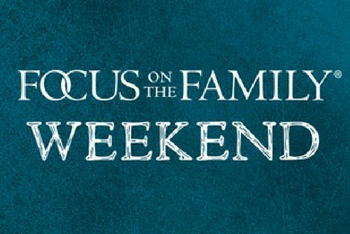Scholar Kenneth E. Bailey told of the leader of an African nation who had learned to maintain an unusual posture in the international community. He’d established a good relationship with both Israel and the nations surrounding it. When someone asked him how his nation maintained this fragile balance, he responded, “We choose our friends. We do not encourage our friends to choose our enemies [for us].”
That is wise—and genuinely practical. What that African country modeled on an international level is what Paul encouraged his readers to do on a personal level. In the midst of a lengthy description of the characteristics of a life changed by Christ, he wrote, “If it is possible, as far as it depends on you, live at peace with everyone” (Romans 12:18). He goes on to reinforce the importance of our dealings with others by reminding us that even the way we treat our enemies (vv. 20–21) reflects our trust in and dependence upon our Lord and His ultimate care.
To live in peace with everyone may not always be possible (after all, Paul does say “if”). But our responsibility as followers of Christ is to allow His wisdom to guide our living (James 3:17–18) so that we engage those around us as peacemakers (Matthew 5:9). What better way could there be to honor the Prince of Peace?
Source: Our Daily Breat
 Hour of Inspiration
Hour of Inspiration  Focus on the Family weekend edition
Focus on the Family weekend edition